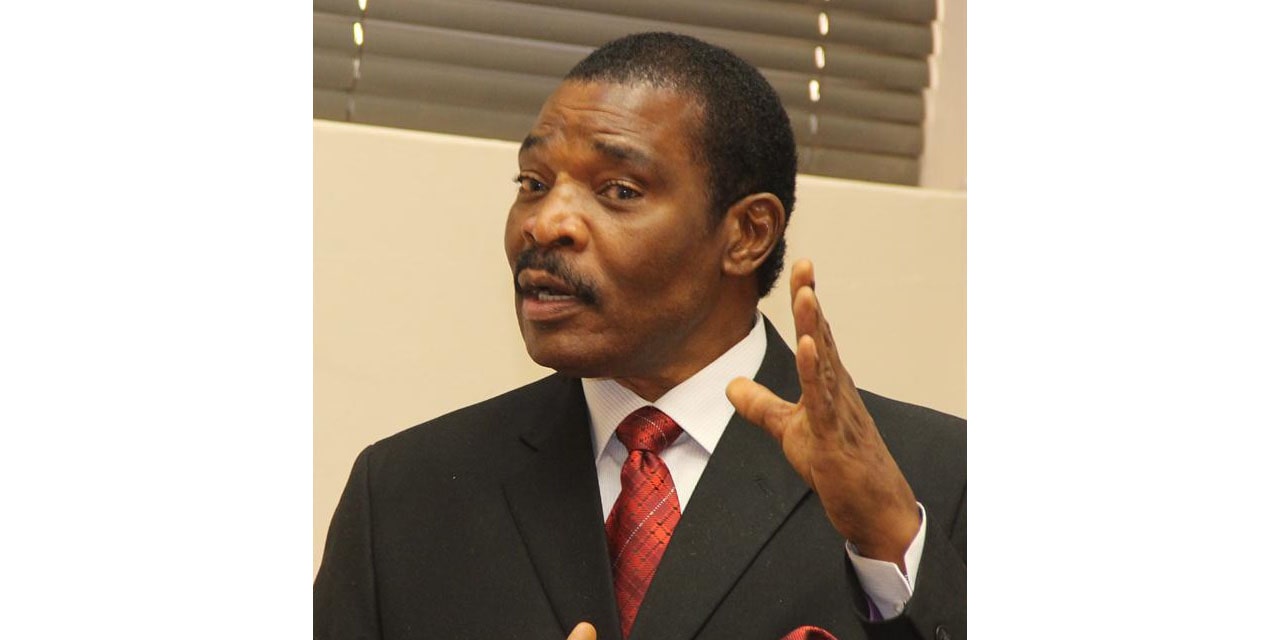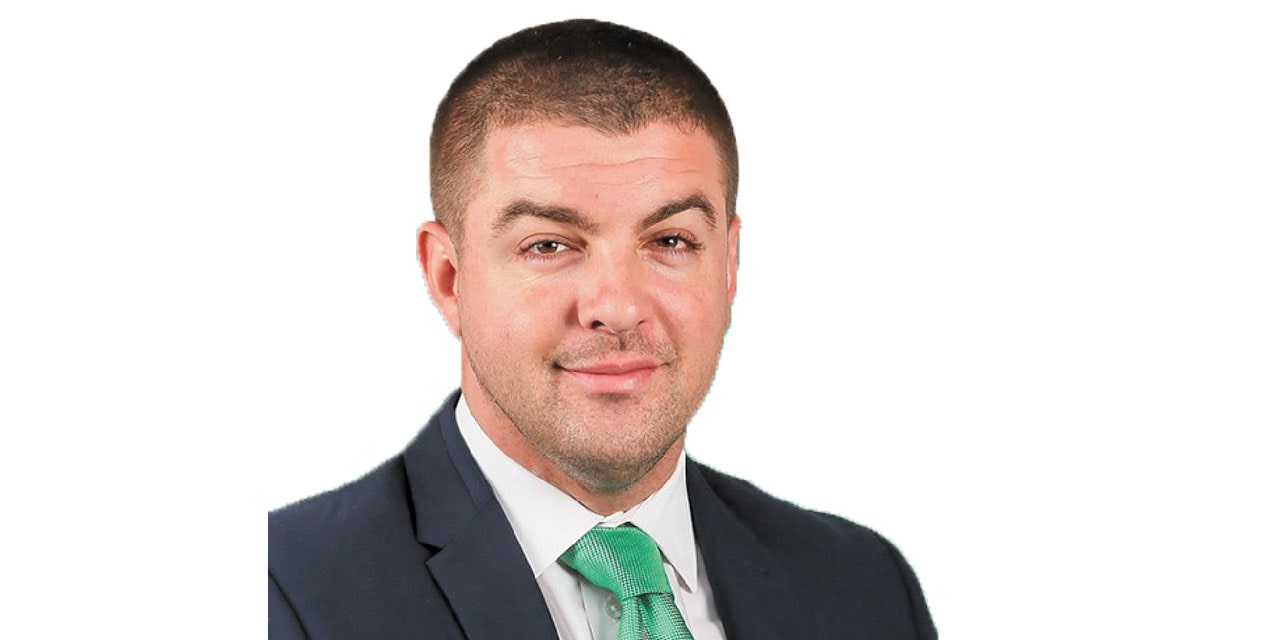Steve Nashama
The remarks by Prime Minister, Saara Kuugongelwa-Amadhila the United Nations Water Conference last week on access to portable water in Namibia have brought about questions if what she said was actually true.
Kuugongelwa-Amadhila in her speech to the congress stated: “Statistics show about 97 percent of citizens in urban areas have access to potable water, while in rural populations, the figure stands at 87 percent,”
She made these remarks at the UN conference on the Midterm Comprehensive Review of the Implementation of the Objectives of the International Decade for the action of water for Sustainable Development, 2018-2028, that took place last week Tuesday to Thursday, in New York.
In an interview with this publication, the Independent Patriots for Change’s (IPC) National Spokesperson, Immanuel Nashinge said the statement by the Prime Minister is incorrect since the situation of potable water in Namibia, especially in rural areas is still a struggle, and can never stand at 87 percent as Kuugongelwa-Amadhila went on to say at the conference.
“Her statement to the international community is not correct at all. There are many instances in Namibia where you find people walking long distances to fetch water. People are struggling to fetch potable water,” he said.
Nashinge noted that it seems to have become Namibian custom for leaders to go outside the country and present lies simply because they want to impress their fellows in leadership positions.
He indicated that all the regions have a challenge with portable water, and the government should seriously look into the issue instead of making incorrect statements at the UN-sponsored conference.
“It is a sign of leaders who do not walk through the country to see how people are surviving when it comes to potable water,” he added
Nashinge said that there are many people who want to farm but do not have access to water.
“They already have to walk many kilometres to fetch water for drinking and other household purposes. Imagine how many times people would have to walk to and fro to collect water for gardening or farming,” Nashinge said.
Nashinge questioned the source of the Prime Minister’s information and asked who can prove her statements.
“In 2018, two people in the Ohangwena Region died while trying to provide water for their households. The incident was widely reported,” he recalled.
He said that even farmers have been complaining about the scarcity of water in the country. Nashinge also recalled how some freedom fighters had to battle to get water to survive in the bush.
The Prime Minister said at the conference that the lack of perennial rivers in the interior of the country has been a limiting factor for development.
She further said Namibia is one of the driest countries in sub-Saharan Africa, with a semi-arid climate, adding that this has resulted in Namibia compounded by water scarcity and high evaporation rates.
Meanwhile, Popular Democratic Movement (PDM) Secretary General Manuel Ngaringombe said there are some informal settlements in Namibia where people do not have potable water, therefore he doubts the percentages presented by the Prime Minister.
“I doubt that figure. Potable water is a big challenge both in rural and some urban areas. People have to carry water for a long distance,” Ngaringombe said.
He understands that potable water means having a tap at the front of the house. Ngeringombe added that people in Kavango East are regularly killed by crocodiles.
“Why are the people being killed by crocodiles if there is a such high percentage of access to potable water? Even in rural areas, you have to pay Namwater to receive potable water at your house, and not everyone can afford it,” Ngaringombe added: “How did she justify those percentages of access to potable water?
He added: “Maybe she means something different.”
Meanwhile, Kuugongelwa-Amadhila said she will respond to questions today.




